When your child experiences painful bullying, as a parent you will naturally want to protect them, keep them safe, and help them get through it.
The types of bullying that are characterized by mean social posts, name-calling, or brutal beatings may be the ones that most often make news headlines. But, there is another type of bullying that can be just as painful and devastating.
This type of bullying is often the one that happens at schools, camps, and other social venues, yet may be difficult for adults to spot. Like the other forms of bullying, it can lead to low self-esteem, depression, and in some cases, even suicide. It’s called relational bullying (also known as social bullying or social aggression).
Relational bullying intentionally hurts someone’s reputation or relationships. It ostracizes with the goal of making someone an “outsider” by shunning them from a social group. It embarrasses and hurts by telling others not to be their friends, spreading rumors, and publicly shaming. This type of bullying often involves a group of peers who support each other in bullying an individual or another group.
Read 6 Stereotyped Myths About Bullying
As with all types of bullying, relational bullying involves perceived power. Those that are bullying, make themselves seem more powerful. With relational bullying, power can mean popular, smart, or even “normal”- as opposed to being “different”. Victims often have a hard time standing up for themselves because they perceive the bullies as being more powerful than they are.
While anyone can be a victim of relational bullying, it most commonly affects girls and middle schoolers, the age when kids can also be the most susceptible to the spiraling downfalls that bullying can cause. Bullies are often looking for a response that indicates that they’re accomplishing what they set out to do. When they see a victim noticeably sad, angry, or afraid, they’ll often push further, sometimes with no boundaries.
It’s not uncommon for a child to keep relational bullying from their parents or other adults. Usually shame and sometimes fear can cause it to be kept a secret. And, because kids are generally stealthy in their bullying tactics, much of the time it goes unnoticed by teachers and other adults where the bullying is taking place.
Signs that parents can look for that may indicate their child is being bullied are:
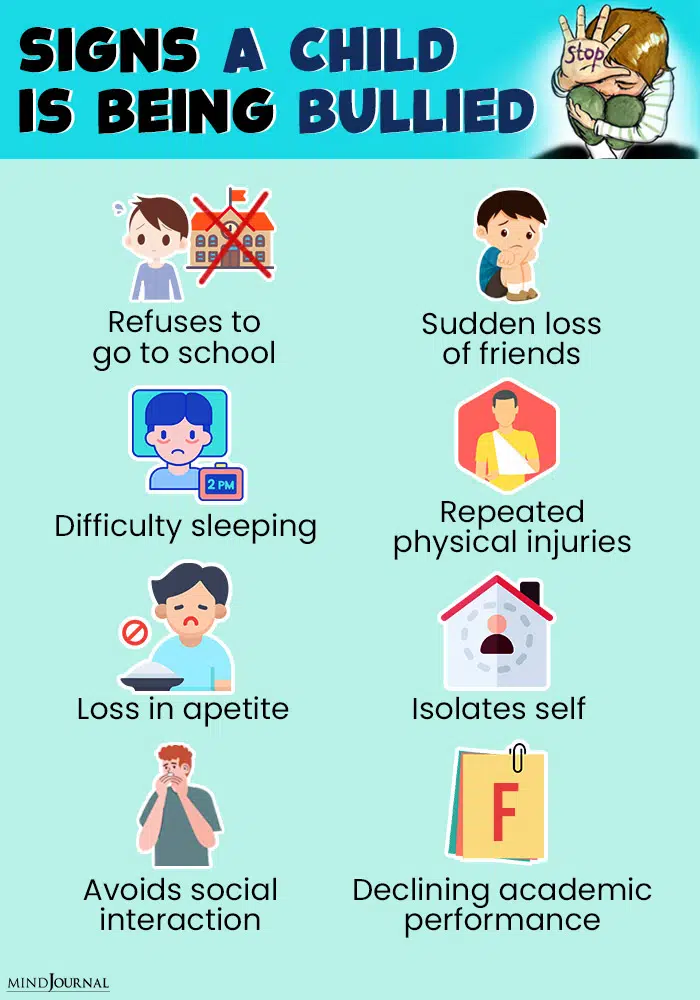
1. A strong dislike for school.
2. A change in friends and social behavior.
3. Repeated physical injuries.
4. A change in eating and/or sleeping.
5. Isolating in the room and talking less.
6. A decline in grades and academic performance.
If you notice that your child hasn’t been acting like him or herself, seems unhappy, or displays any of the warning signs for bullying, the first thing you should do is try talking to him or her.
If you know that your child is being bullied, I recommend using a framework that I use in my therapy practice called The Empowerment Space and have detailed in The Empowered Child book. I call it The Three E’s (Empathy, Empowerment, and Engagement). This can help you guide your child through the process of overcoming and healing from the bullying.
Read Narcissists and Psychopaths Online: 3 Ways To Handle Cyberbullying and Trolls
Here Are The 3 E’s That Can Help You
1. Empathy.
To truly empathize with your child about the bullying, you must allow him or her to talk. Don’t make assumptions. Ask your child open-ended questions such as “How did you feel when you walked by yourself during lunch today?”
Take time to let your child talk. Don’t try to guess his or her thoughts. Part of the healing process for your child is for her to share how she feels. Empathy means “to understand how your child is feeling.” You can’t understand unless she talks and you listen.
2. Empowerment.
Children and teens that are bullied often feel beat down and powerless. Empower your child by asking her what she’d like to do about the bullying. “Do you want to talk to a teacher, counselor, or the principal about the kids that are bullying you?” It is important for children and young adults to feel empowered to handle issues themselves.
She will feel better in the long run if she is able to have a plan and feels empowered to complete the plan. After your child has created and shared her plan for moving forward, encourage her to practice carrying it out through role play.
3. Engagement.
Once a plan has been established, it’s very important for you to regularly check in with your child to help her stay empowered and to help increase her self-esteem. You can ask questions such as “Did you talk to the school counselor today about the bullying?” Even if your child wants to handle the whole thing, you must make sure that you are committed to stepping in if her safety or well-being is at risk.
You can also engage the school, to make sure they are involved in keeping your child safe. Open communication with your child is essential. If you do need to involve others, be sure to tell her.
Read Sibling Bullying and Abuse: Signs and Effects
Empathy, empowerment, and engagement can help your child overcome and begin to heal from the bullying. It can also help your child not give the bullies the reactions that they’re seeking. The Empowered Child book provides more information and examples of how you can use The Three E’s to help your child.
If your child continues to seem depressed and/or the bullying is unable to be resolved, it’s important to seek professional help to address these issues and develop strategies to address the bullying.
Written By Danielle Matthew
Originally Appeared In Empowerment Space
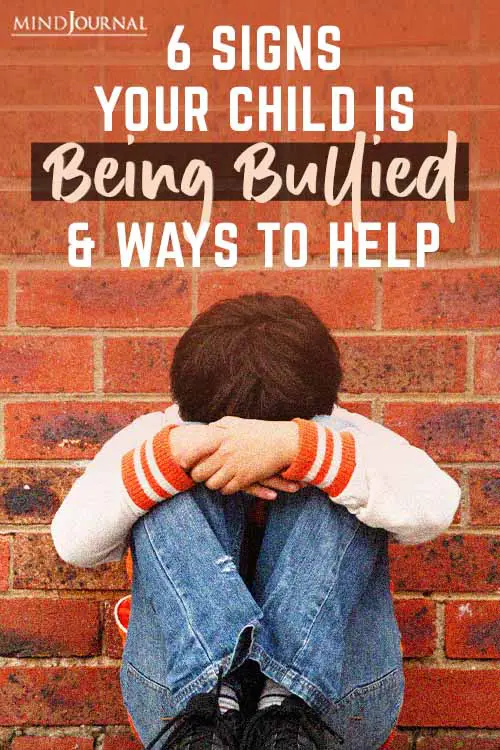
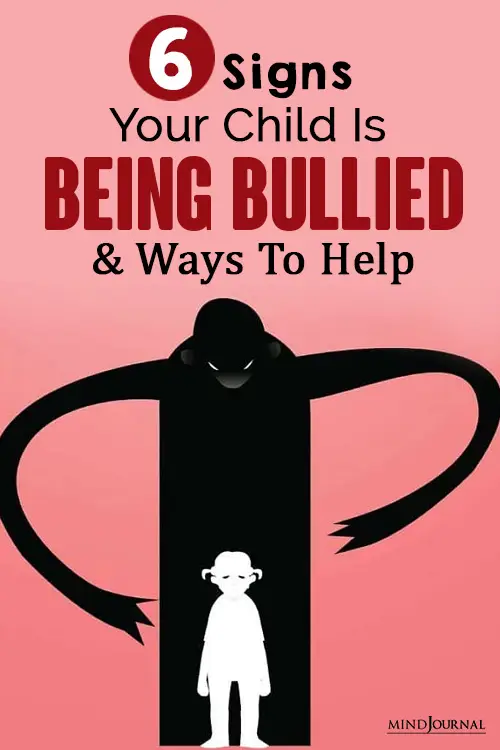
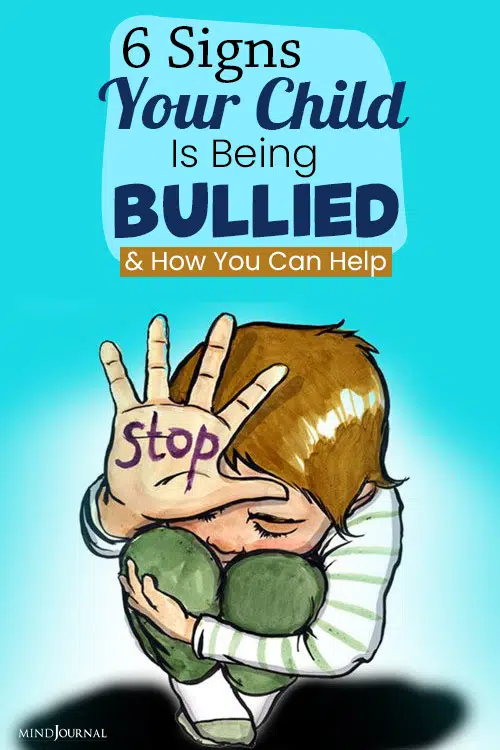
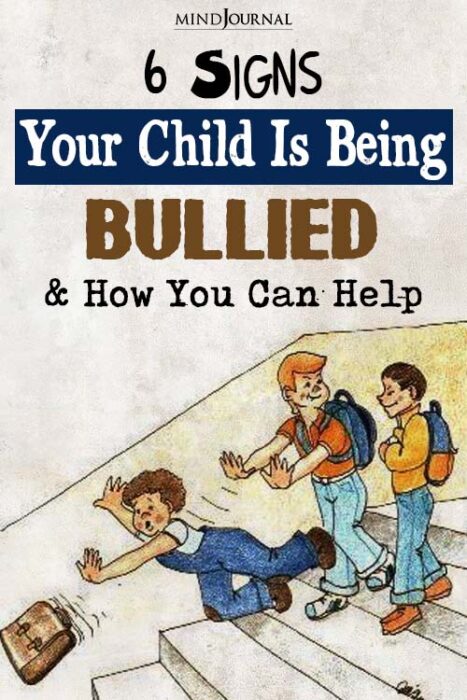
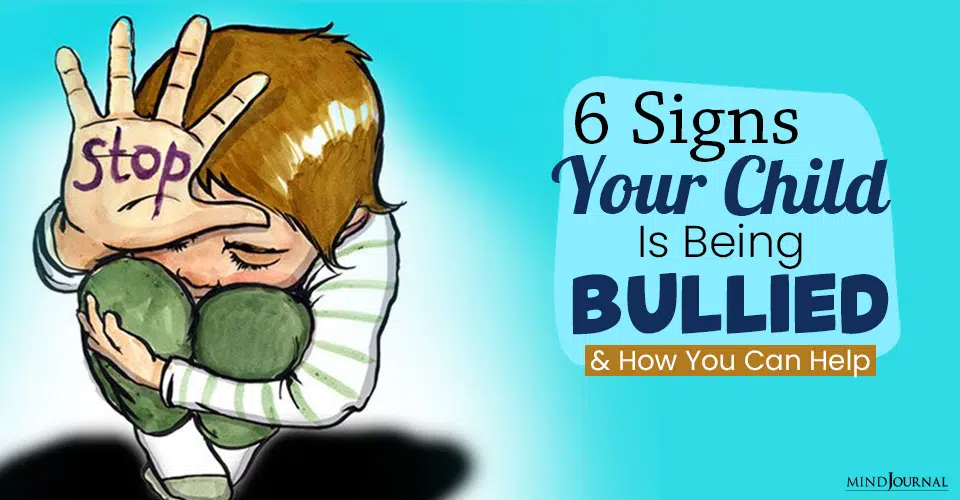







Leave a Reply
You must be logged in to post a comment.